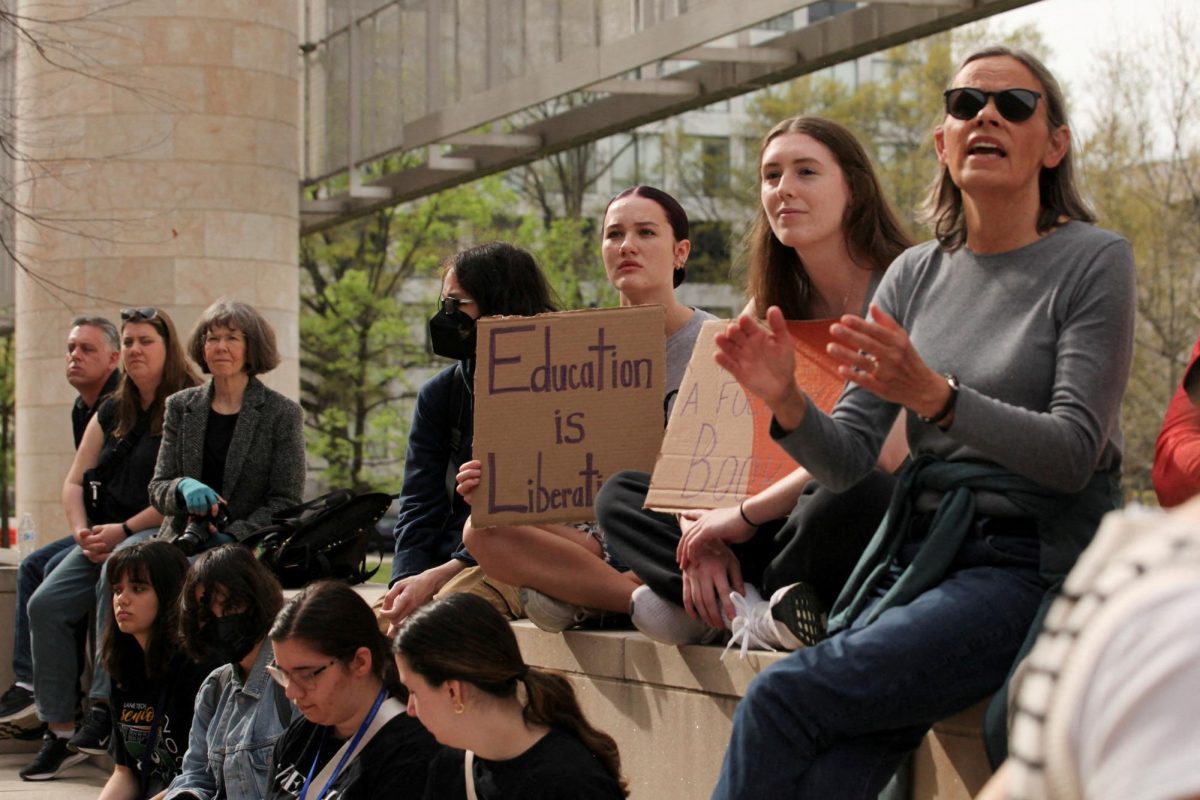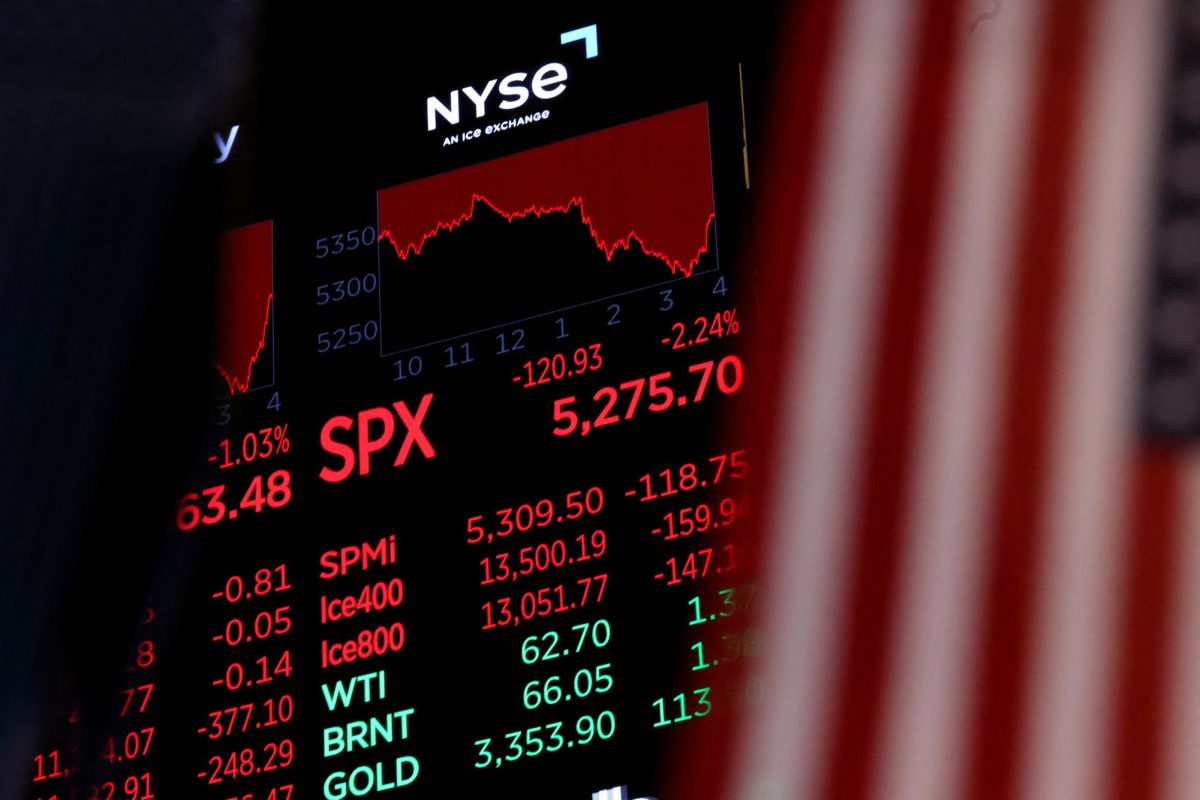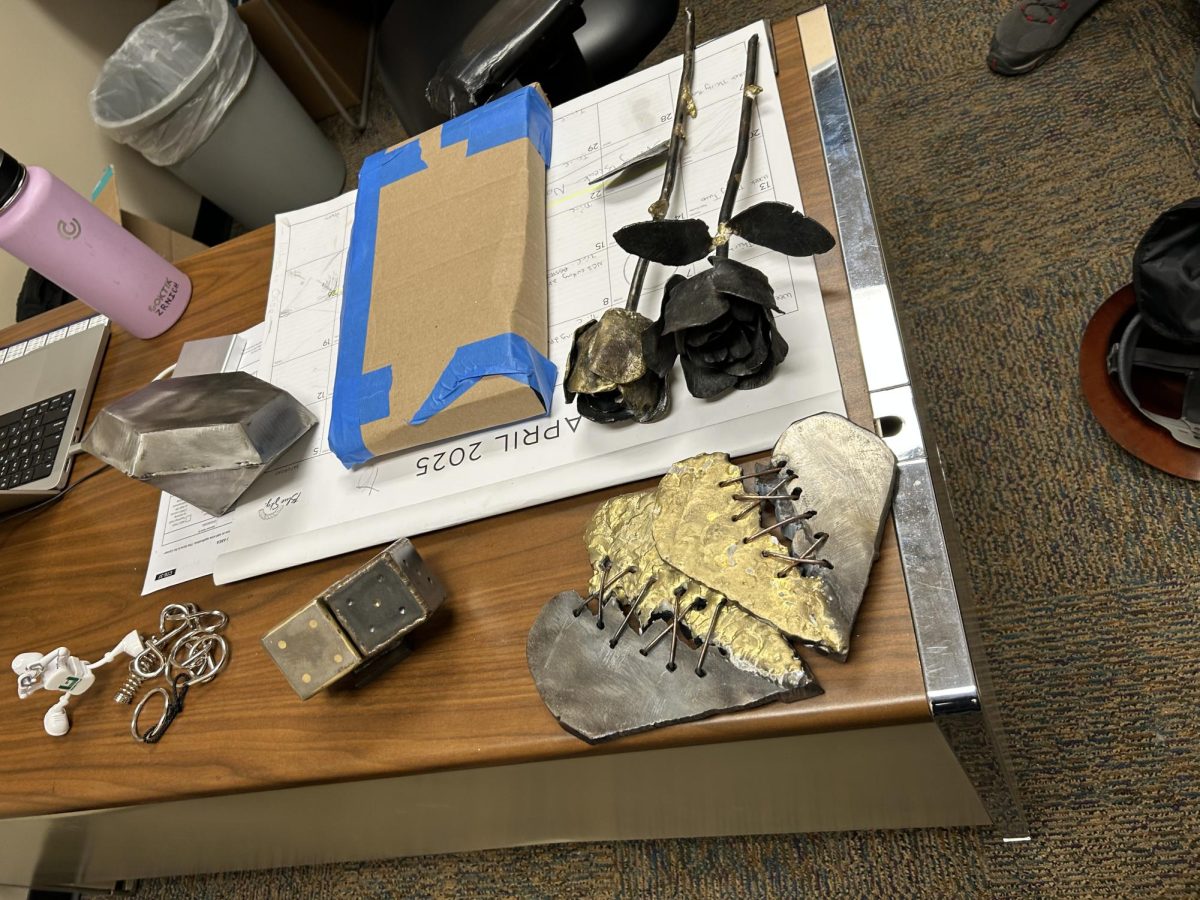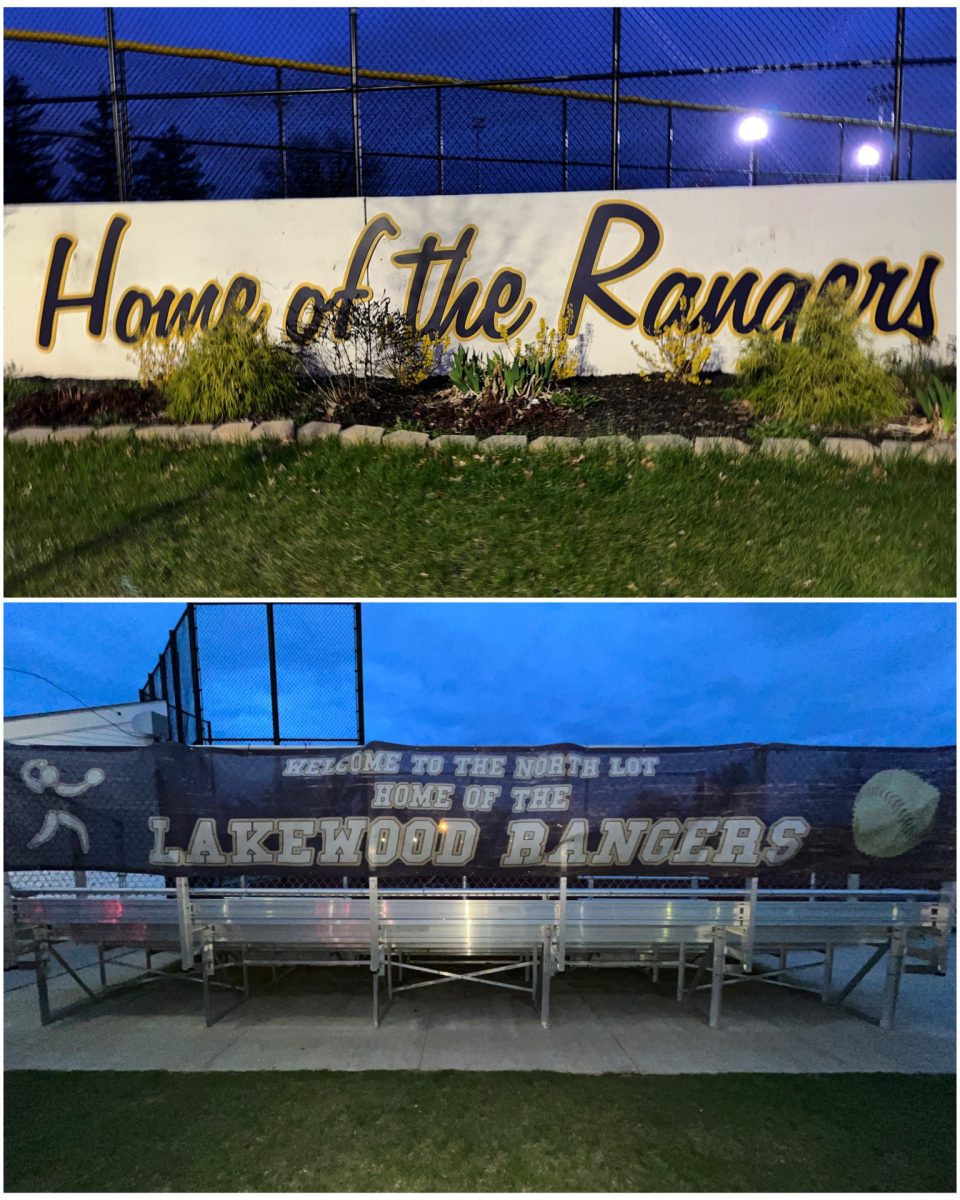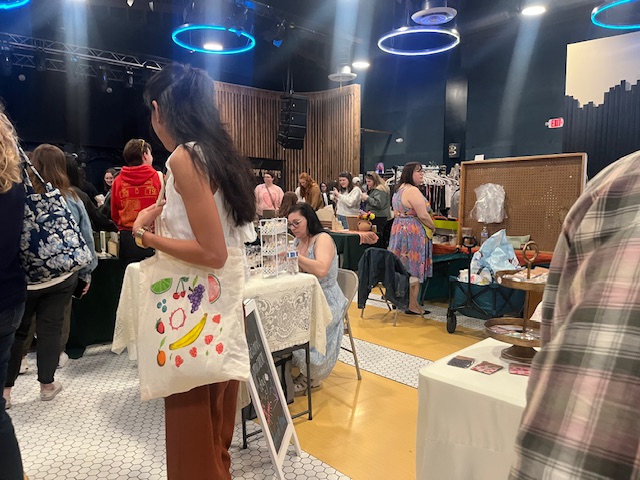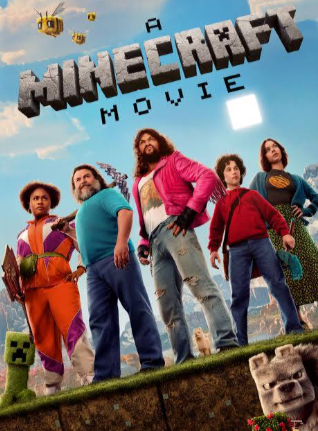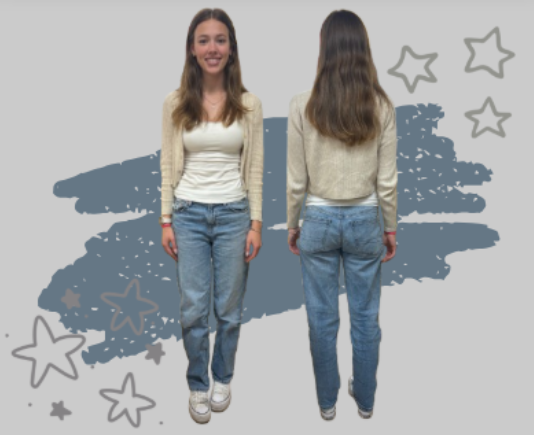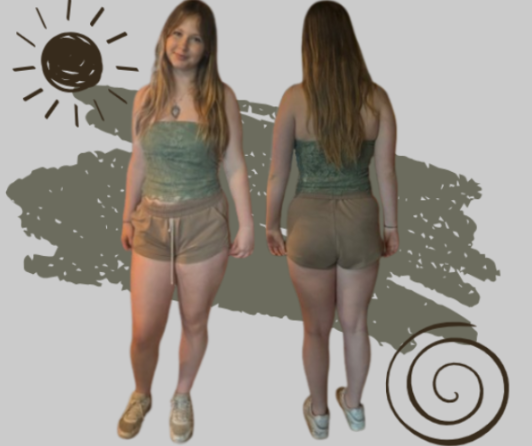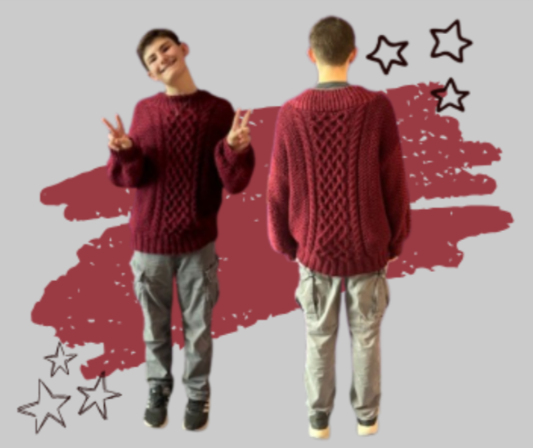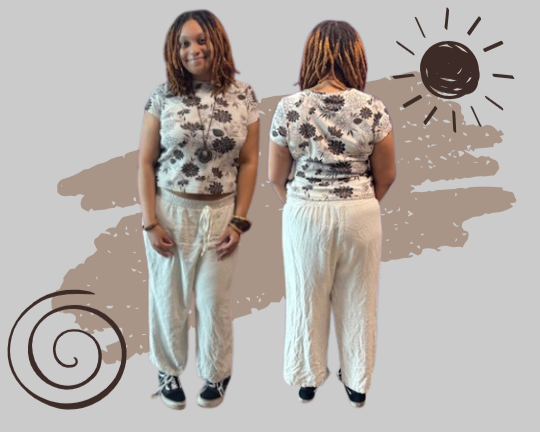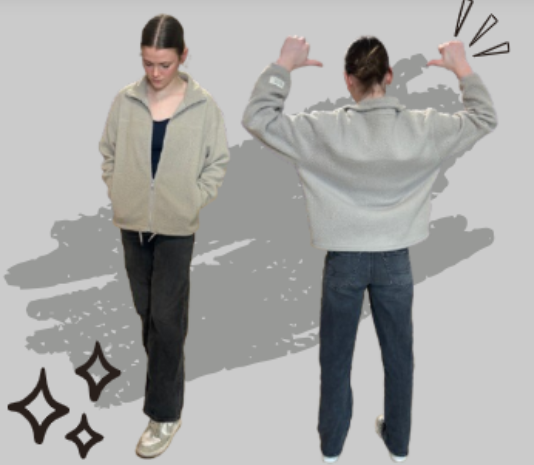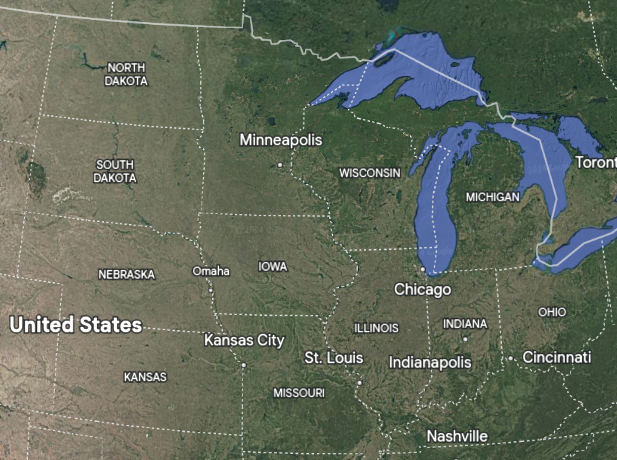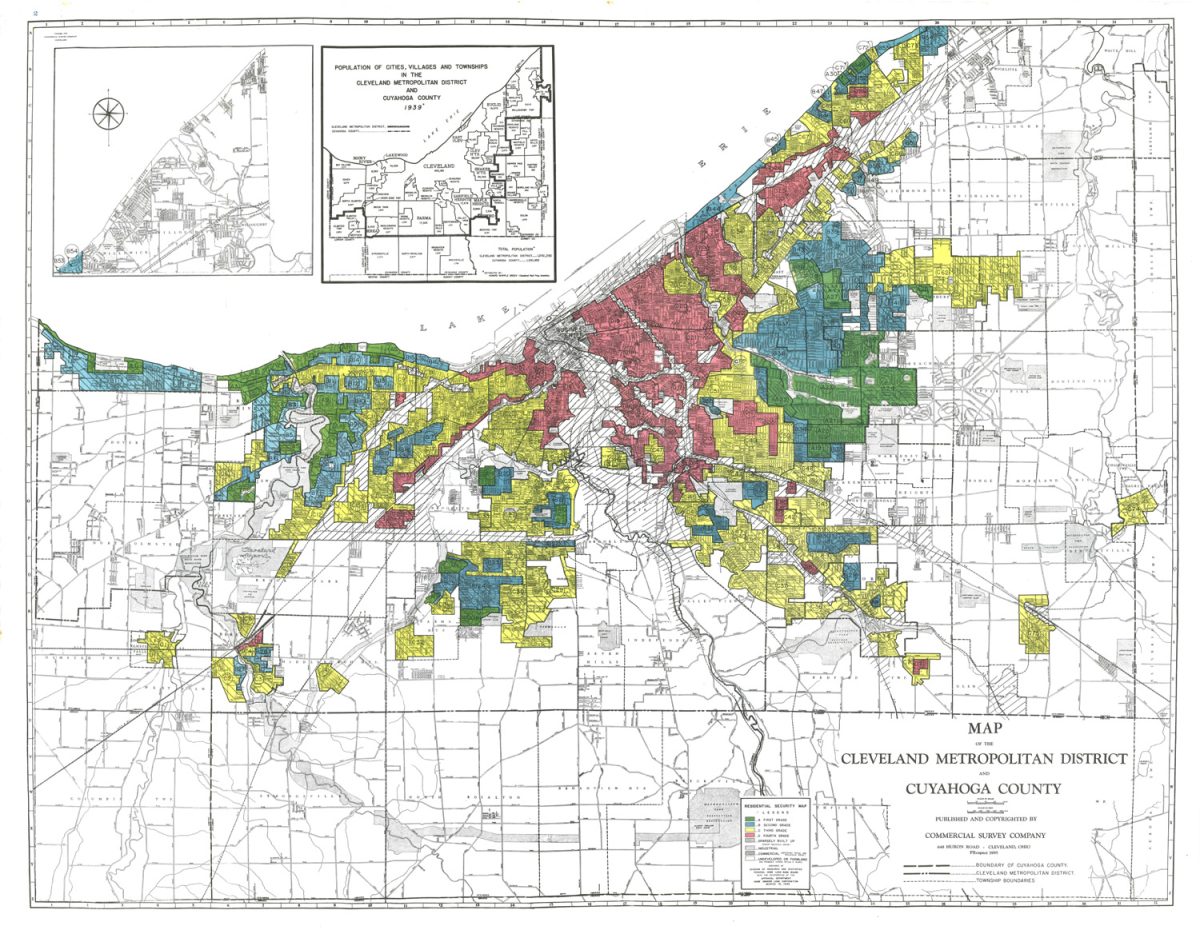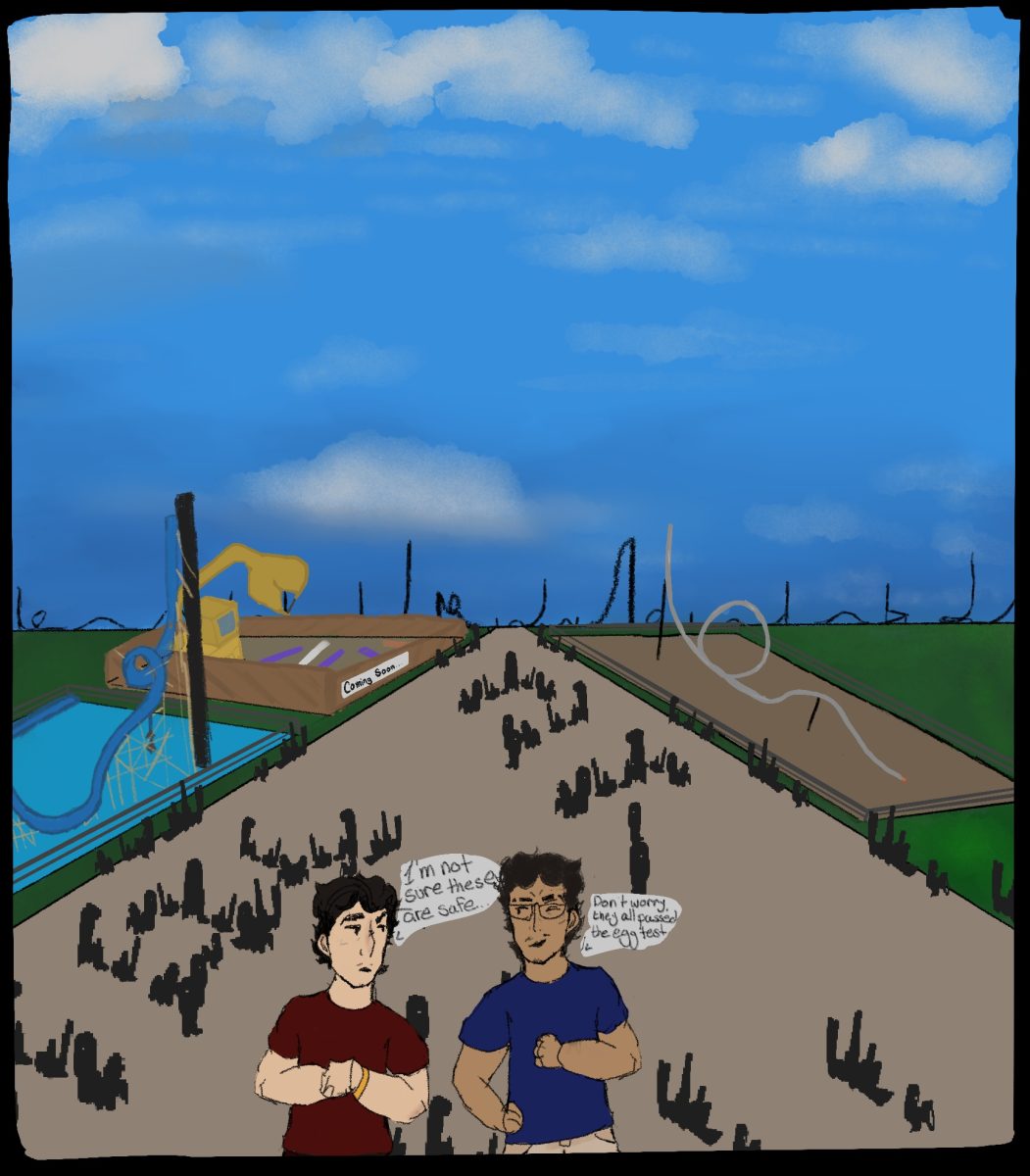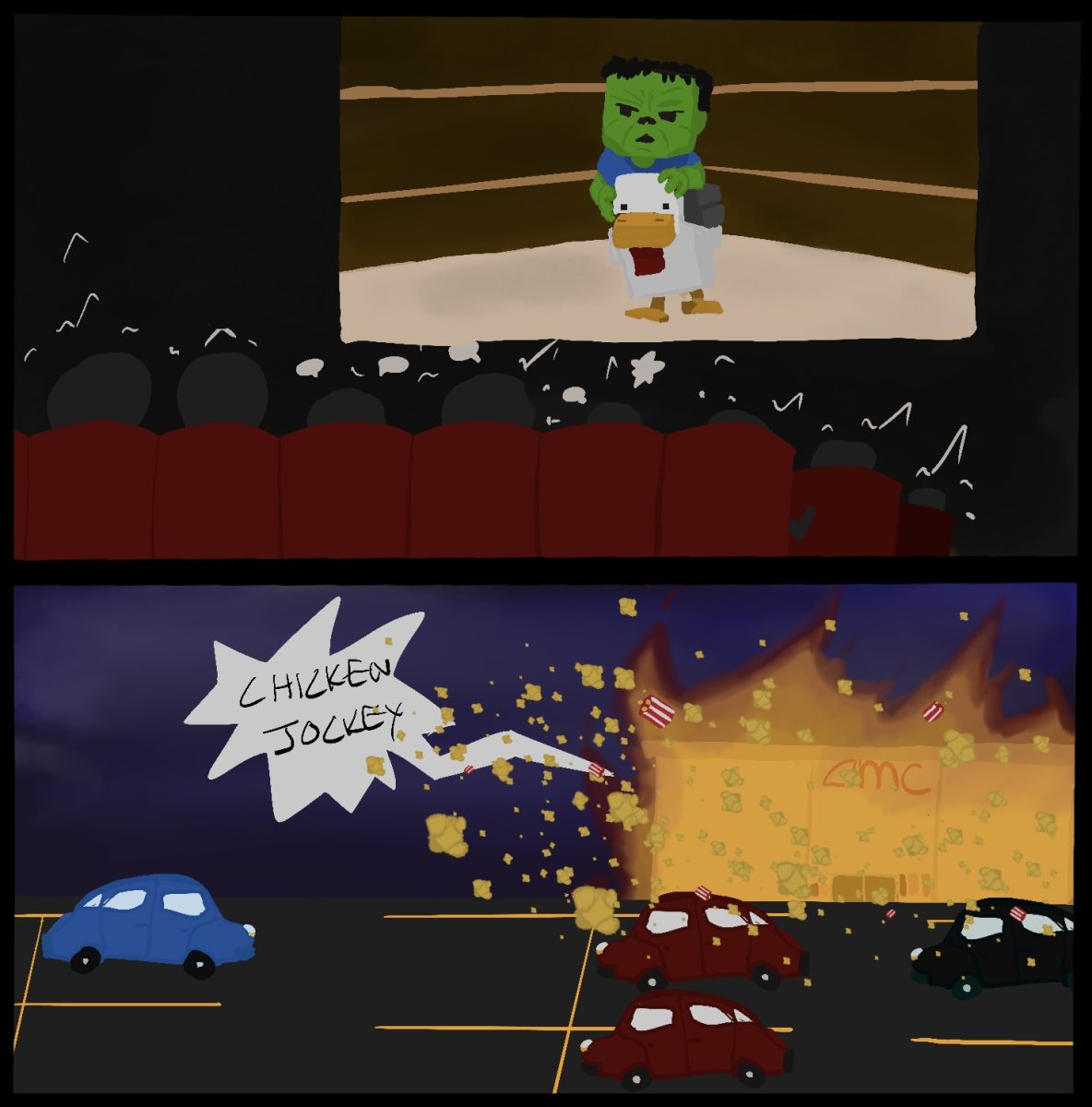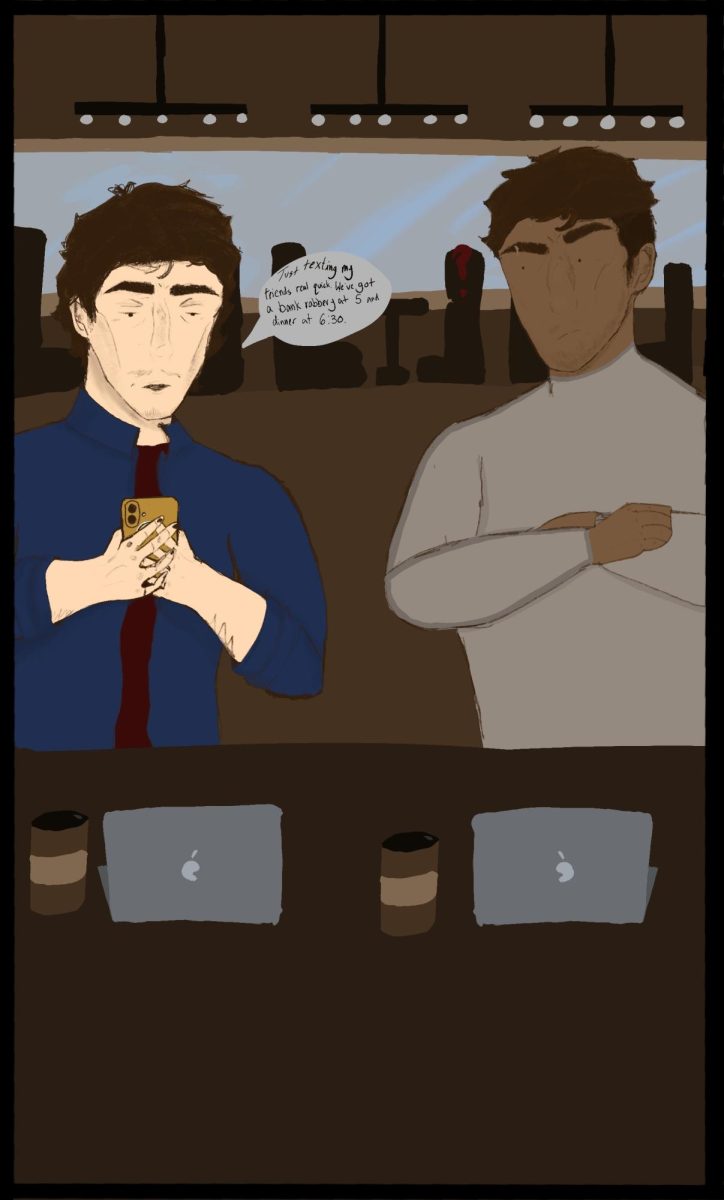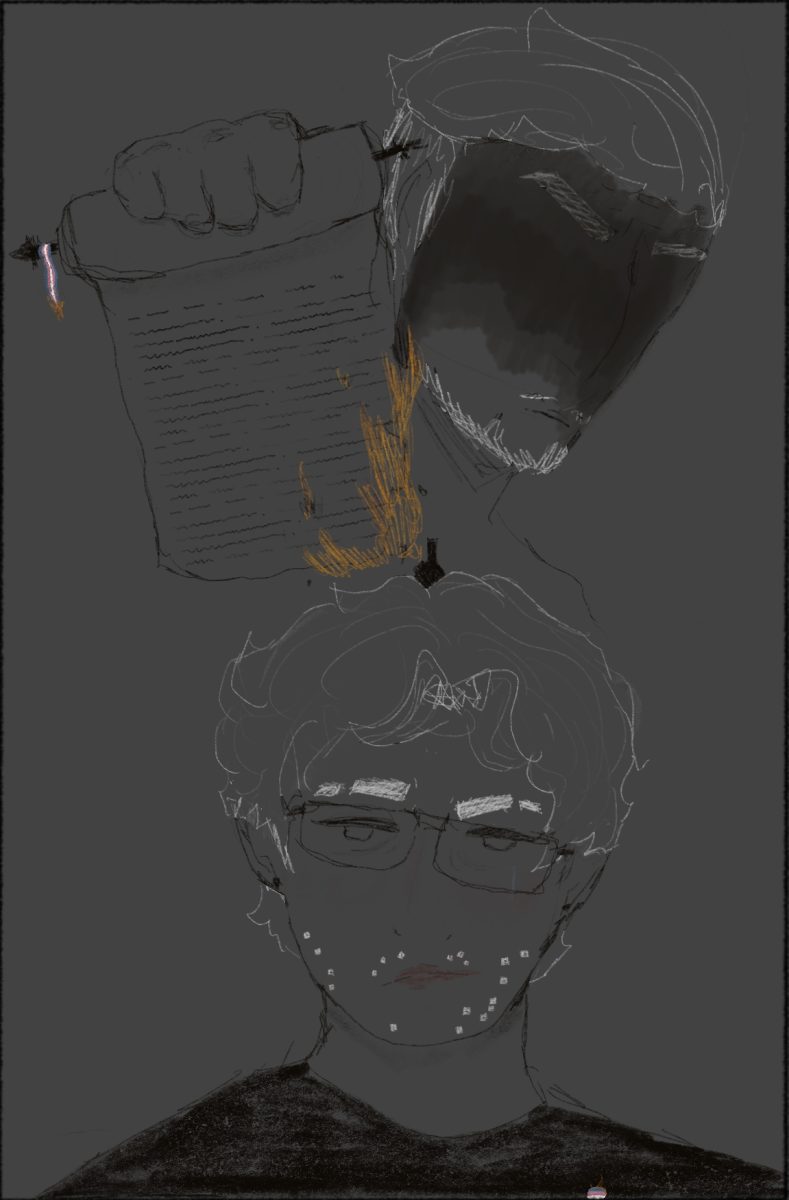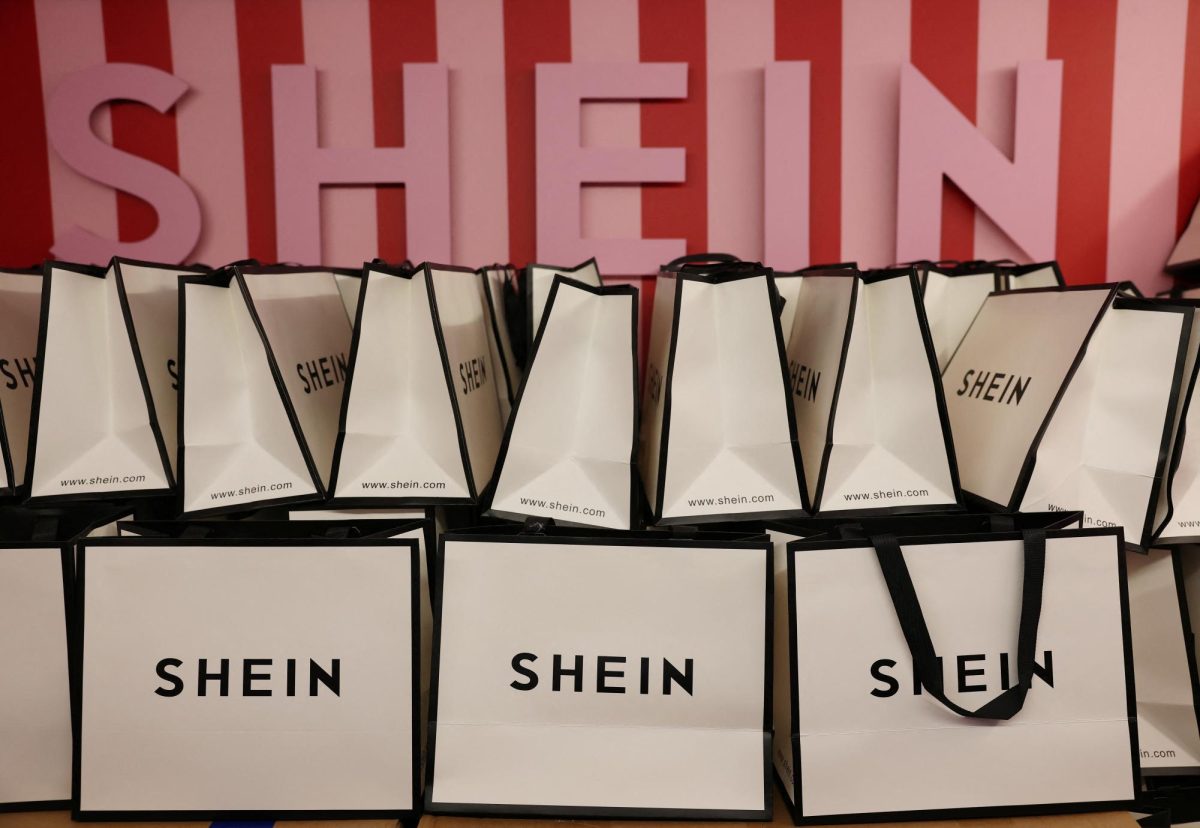Recently, as social media has become increasingly integrated into our society, many people struggle to keep up with its rapid pace. From new influencers to trending designs, there is no way to keep up with everything sustainably, which is why many don’t.

Instead of relaxing on consumption, we are seeing more and more people buy cheap fashion from brands such as Shien, Zara, H&M, Temu, and Forever 21. All these brands have one thing in common: they mass-produce cheap clothes extremely fast. These brands stop at nothing to deliver their customers trending clothes by abusing human labor, choosing quantity over quality, and destroying the environment.
Fast fashion chooses quantity over quality at every single opportunity. It takes away from fashion designers’ hard work and creativity and copies their work using cost-effective materials. Ms. Manning, the fashion design teacher at Lakewood High School, explains fast fashion’s effect on the fashion industry in more detail.
“[Fast Fashion] kind of draws away from or it hurts smaller, independent, sometimes local designers or makers because of how much the bigger companies can capitalize on fast fashion,” Manning said. “And you know, those people, those independent businesses, don’t have the ability to offer it so fast and so cheaply.”
Competition between companies has always been a huge factor in business success. With the more convenient invention of online shopping and the price reduction of fast fashion, the industry has definitely shifted.
“Fast fashion pulls from smaller artists, and it’s not allowing more people to use creativity,” Manning said. “The focus is less on the integrity of the design itself, and more on how quickly it can be produced.”
Fast fashion seems like a great thing for its convenience and price. Except, it’s not. Even if you ignore its effects on the environment and workers’ rights, which is hard to do, it’s still a bad investment. You are truly getting what you are paying for when it comes to Shien or Temu clothing. They don’t last, and in the end, you are taking away from fashion’s main priorities.
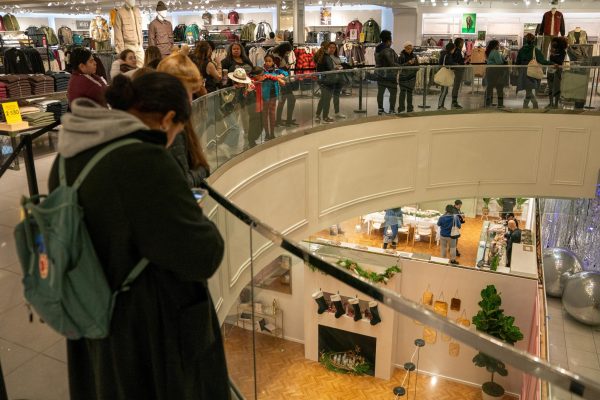
However, fast fashion’s most significant contribution must be to the environment. The effects of fast fashion and overconsumption are detrimental to our planet. Humans are consuming 400% more clothing today than they did 20 years ago. On average, one American produces about 82 pounds of textile waste a year, waste that adds up very quickly. People are buying more clothes, wearing them less, and filling up endless landfills that push to swallow our earth. Ms. Chahda explains fast fashion’s effects on the environment in more detail.
“Unfortunately, fast fashion contributes a huge amount of CO2 into the atmosphere which is a greenhouse gas that leads to global warming,” Chahda said. “It uses a massive amount of water and pollutes our lakes, rivers, and oceans. Since it’s a fast fashion, after a few uses, and sometimes after one use, it ends up in the dumpster and eventually in landfills. Its life is short-lived. In the past, clothing lasted for years and was well made.”
Clothing is no longer an industry focused on long-lasting comfort; it has shifted to a culture of cheap, unethical trends. The environment is reaping the consequence of this shift, and so are the people of textile-focused countries. China, Vietnam, and Bangladesh are just a few examples of countries that produce fast fashion at an extremely low price. These countries rely on cheap labor to make huge profits by selling billions of dollars worth of cheap clothing. Because not many countries can get away with producing so much clothing at such a low cost, the clothing industry of countries like America has dropped to less than 3% in textile exports.
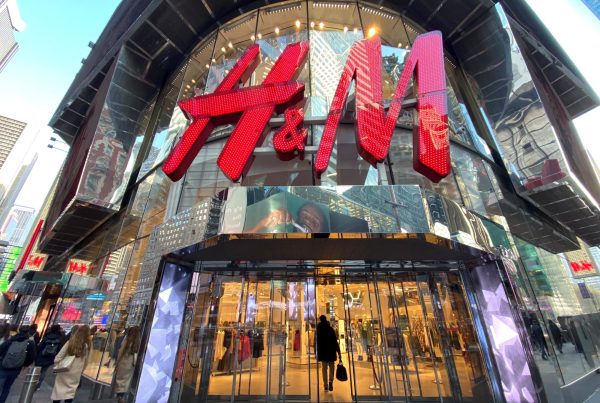
Fast fashion is taking over our world, and the only way to move away from this culture of wastefulness is for the consumers to change. Companies will continue to produce when there is a high demand, which is why it always boils down to the people. If we make a conscious effort to reform, we can change the industry and save the planet. Student Holden Dieter highlights some ways she shops sustainably, and how others can do the same.
“I think thrifting is great for a lot of reasons,” Dieter said. “Obviously, it’s great to save money, but it’s more than that. It’s recycling fashion, so you’re paying less for something that’s been worn many times, which I get that some people think that could be gross, but at least you’re not spending a bunch of money on something that’s made poorly when you could spend less money on something that’s been worn by so many people. It just shows how good quality it is.”
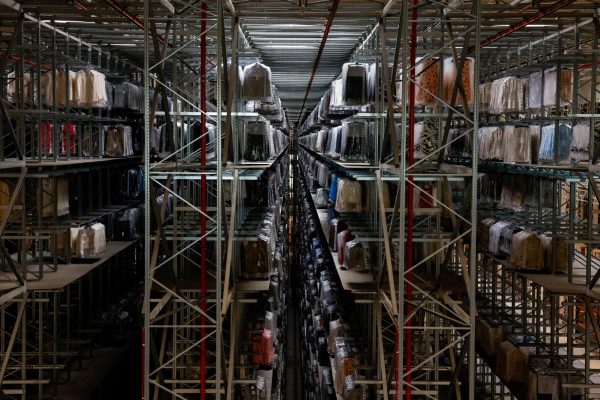
Recycling fashion allows people to stay in style while paying less for even better-quality items. Yes, shein clothes are extremely cheap, but are they wearable? And could you find something just as good at a local thrift store that reuses perfectly usable clothes? Ms. Chahda further explained how to address this issue better.
“Solutions to this growing problem starts with educating the public and stopping consumers’ appetite for convenience,” Chahda said. “We also need to develop more sustainable packaging and regulate packaging standards and the fashion industry as a whole. Ultimately it really comes down to us, the consumer, and our behaviour.”
Questioning where you are spending your money and how your clothes affect the environment is a focus more people should have. If we all strive to change, the world will reap the benefits.
Fast fashion is wearing the world out, and its effects are starting to show. Its detrimental influence on the environment, its deterioration of creativity, and its use of cheap labor are just a few examples of how overconsumption is chipping away at our world. This culture of consumerism and focus on cheap, low-quality clothing will continue to ruin our planet if we do not make profound changes. Moving away from fast fashion starts with the consumer — it starts with you.


